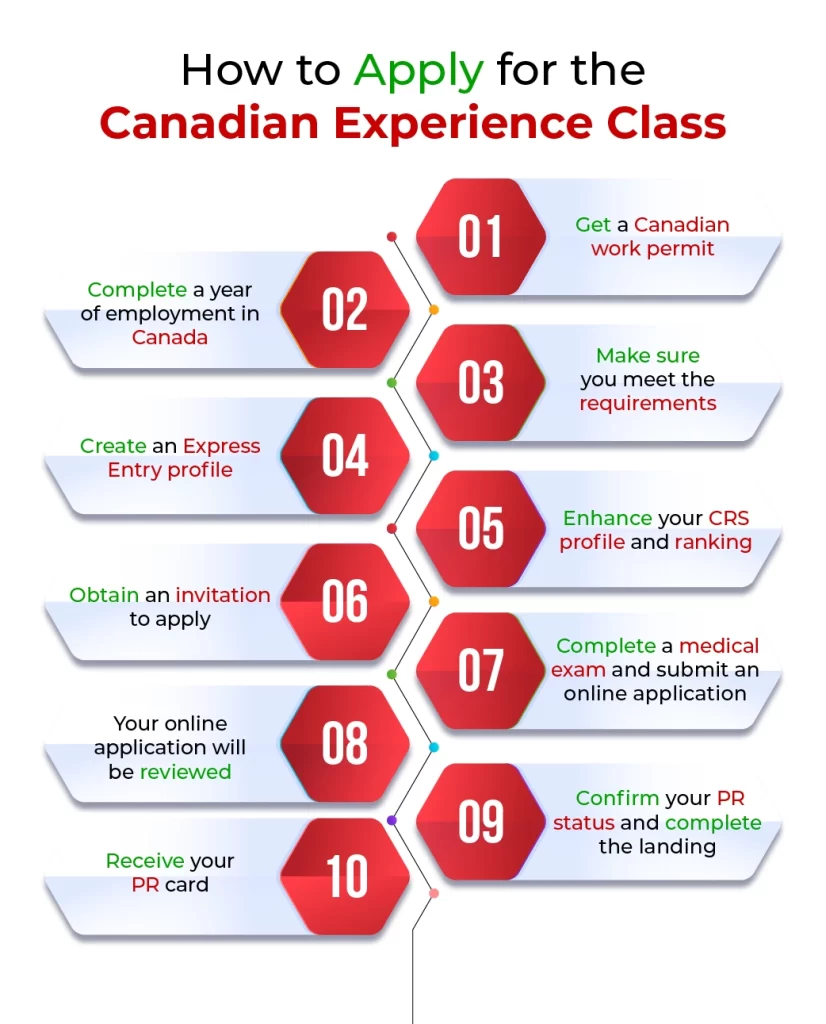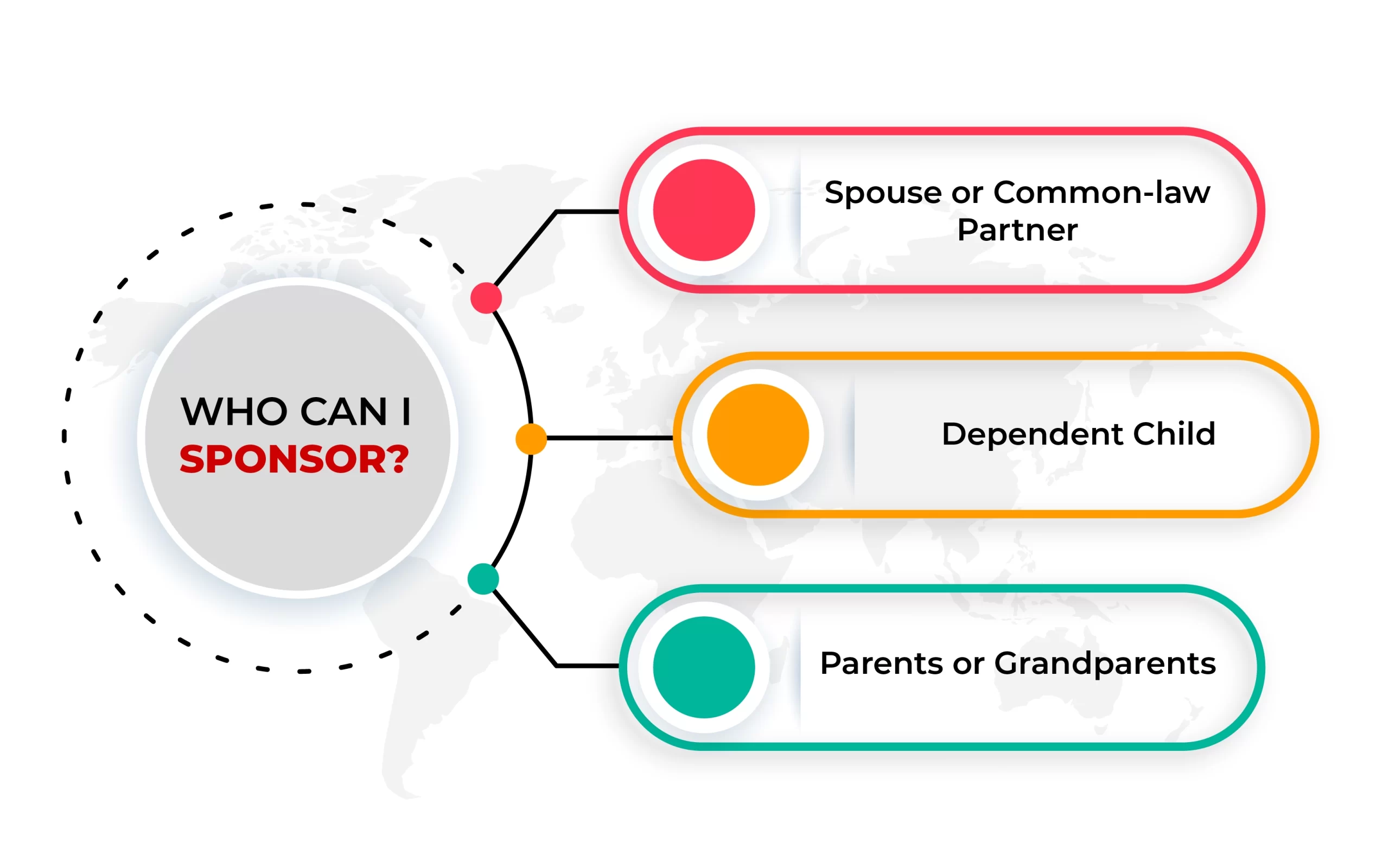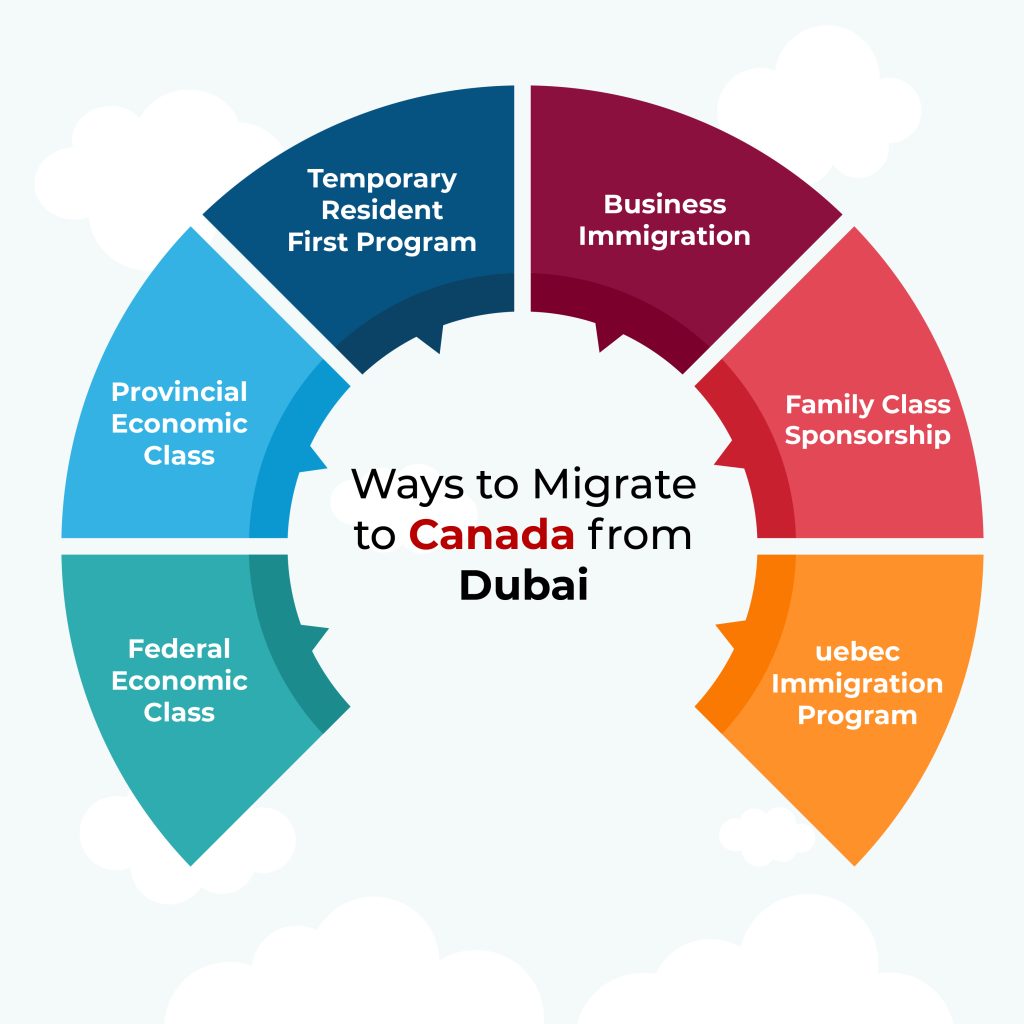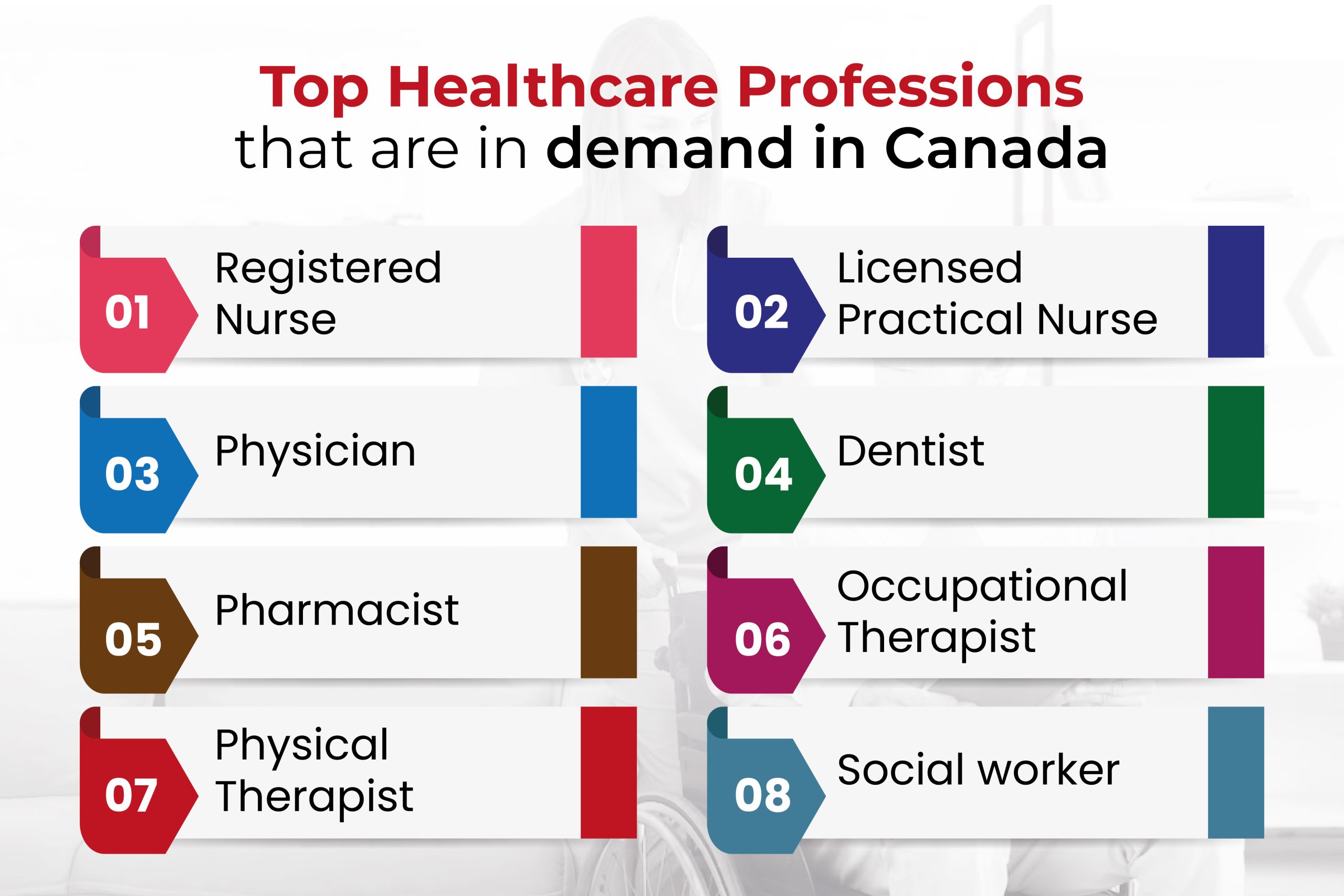What is a Canadian Experience Class Program?
Immigration, Refugees, and Citizenship Canada (IRCC) launched the Canadian Experience Class (CEC) in 2008. It offers temporary foreign-skilled workers in Canada a pathway to permanent residency. Governments across Canada, communities, employers, and immigration candidates themselves consider the Canadian Experience Class to be one of the most successful immigration routes.
Benefits of the CEC Program
More international students and temporary foreign skilled workers are choosing to establish themselves in Canada. Thanks to the CEC program. Here are some benefits you can enjoy in Canada as an international student and skilled professional through the CEC program.
1. You have the privilege of enjoying the benefits of the Canadian government just as other permanent residents and citizens of Canada do, including healthcare and other services.
2. You can sponsor your spouse and other family members to work in Canada legally.
3. As an international student, you can choose to study at the best Canadian universities.
4. You can apply for Canadian citizenship after residing in Canada for 3 years and obtaining a Canadian passport.
5. You can reside and work anywhere in Canada.
Requirements for the Canadian Experience Class Program
Before applying for the Canadian Experience Class program, you must meet certain eligibility criteria. Some of them are mentioned for you.
1. You must possess at least a year of professional, skilled, or technical employment experience within 36 months of the application date.
2. If you intend to live and work outside of Quebec, you can apply to the Quebec Experience Class if you have work experience there and plan to stay there.
3. You must have a Canadian Language Benchmark of 5 (initial intermediate) for NOC B jobs or CLB 7 (adequate intermediate proficiency) for jobs considered to be NOC skill level 0 to A jobs.
You can stay in Canada for the duration of the application process. If you apply for the Canadian Experience Class within three years of quitting your Canadian job and do not reside there, you are still eligible to enroll.
Eligibility for Canadian Experience Class as an international student
The following is the most common path for an international student using the CEC to become a permanent resident of Canada:
1. Complete your course of study at a Designated Learning Institution (DLI) in Canada.
2. Apply for a Post-Graduation Work Permit through the IRCC portal online.
3. Obtain at least 1,560 hours of work experience in Canada under NOC TEER categories 0, 1, 2, or 3 using your PGWP.
4. Take up a language test, English or French, with a minimum CLB of 7 for NOC category 0 with one year of work experience and a minimum CLB of 5 for NOC category 2 with at least 3 years of work experience.
5. Enter the Express Entry pool. The IRCC will attempt to process your application for permanent residence within 6 months if you receive an invitation to apply.
Eligibility for Canadian Experience Class as a temporary foreign worker
The following is the most common path for a temporary foreign worker using the CEC to become a permanent resident of Canada:
1. Obtain a Canadian work permit.
2. Obtain at least 1,560 hours of work experience in Canada under NOC TEER categories 0, 1, 2, or 3.
3. Take up a language test, English or French, with a minimum CLB of 7 for NOC category 0 with one year of work experience and a minimum CLB of 5 for NOC category 2 with at least 3 years of work experience.
4. Enter the Express Entry pool while the IRCC will attempt to process your application for permanent residence within 6 months if you receive an invitation to apply.
How do I apply for Canadian Experience Class?
Here’s the process of transitioning from a temporary foreign worker in Canada to a Canadian permanent resident.
1. Get a Canadian work permit
If you’re among those who are eligible under the International Experience Class (IEC) program or a partner of an international student or worker in Canada, then an open work permit could be an option for you.
2. Complete at least a year of employment in Canada
To be eligible for the Canadian Experience Class program, you must have at least one full year of employment in Canada.
3. Make sure you fulfill the requirements
Here’s a little “tip tip”: Take up a legit language test, such as the IELTS or CELPIP. You will receive extra credit for proficiency in your second language if you demonstrate some proficiency in both French and English.
4. Create an Express Entry profile
Complete an Express Entry profile on the IRCC website. You must provide personal information along with supporting documents as proof.
5. Enhance your CRS profile and ranking
If you have obtained an Educational Credential Assessment (ECA) and completed your studies outside of Canada then you are eligible to receive these points. To increase the chance that you will be invited to apply for permanent residence, you should obtain an ECA or upload documentation of your Canadian educational credentials.
6. Obtain an invitation to apply
You have 60 days to send in a final application. When the IRCC draws from the Express Entry pool, ITAs are distributed.
7. Complete a medical examination, provide background checks for security, and submit an online application
Every applicant for the Canadian Experience Class is examined for possible criminal and medical limitations. You must include proof supporting your application stating the completion of a medical examination by a panel physician recognized by the IRCC.
8. Your online application will be reviewed
The Immigration Officer of Canada will review your online application and inform you if there’s anything else to add to it.
9. Confirm your status as a permanent resident and complete the landing
80 percent of Canadian Experience Class applications are completed in less than six months. A confirmation of permanent residence (COPR) will be given to you if your application is approved.
10. Receive your PR card
After obtaining your status confirmation, you can proceed with applying for your PR card. You can use this card as proof of your Canadian status if you travel outside of the country.
Wrap-Up
One of the three programs guided by Canada’s Express Entry system is the CEC and If you’re looking for more insights, our team of dedicated immigration experts is here to give you all the information you need about the Canadian Experience Class program. Looking for ways to enrol? Connect with CanApprove, we’d love to hear from you!
FAQs
1. What is the minimum score for CEC?
The Canadian Experience Class program was an exceptional draw that invited candidates with the lowest score of 75 points.
2. How long does it take to process the Canadian Experience Class?
The processing time for the Canadian Experience Class usually takes 6 months.
3. Do I need LMIA for a Canadian Experience Class?
If you are invited to the Canadian Experience Class, you don’t need an LMIA to meet the program requirements.












